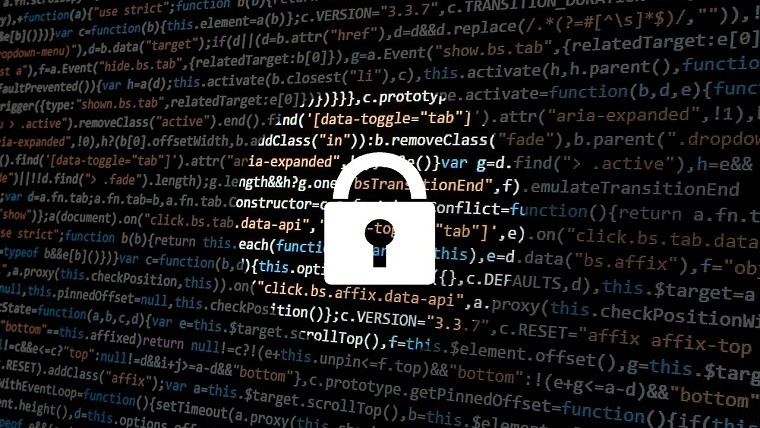The National Cyber Security Awareness Month (NCSAM) is annually observed in the United States in the month of October. The initiative was first started by the Department of Homeland Security and the National Cybersecurity Alliance back in 2004 to create more awareness around online safety and security.
With October 2020 well underway, Microsoft has announced its own plans to promote the importance of cybersecurity.

In a blog post penned by Vasu Jakkal, CVP of Security, Compliance, and Identity at Microsoft, the executive has stated that there is an increased need for online security nowadays due to the pandemic forcing people to perform most day-to-day activities from the premises of their homes.
To that end, Microsoft is partnering with Terranova to kick off the "Gone Phishing Tournament" in October, in which the two will be using real emails from scammers to procure click-through statistics, offering data-driven insights to businesses so they can strengthen their respective cybersecurity programs. The firm will also be publishing five articles around the topic of cybersecurity, localized in 36 languages and covering a broad range of subject matter and audiences.
The Microsoft Store will be hosting virtual workshops for cybersecurity awareness. The "Work safer and smarter with Microsoft 365" and "Work better together with Microsoft Teams" workshops will also place emphasis of online security features present in Microsoft 365 Business and Microsoft Teams respectively.
Microsoft will also be placing increased emphasis on diverse hiring for its cybersecurity teams. Jakkal says that:
Building diverse cyber teams is a major source of passion and advocacy for me. It isn’t just the right thing to do; it gives us a strategic advantage as a company and as a defender against threat actors worldwide who would seem to sew confusion and harm. How? AI remains one of the best tools to confront cyber threats. But effective, responsible AI requires the input and ideas of a diverse group. This diversity of thought is not just about gender or ethnic diversity. It’s both of those, certainly, but so much more. Effective AI requires diversity of experiences, cultures, opinions, education, perspectives, and many other factors. On a team where everyone has similar skills and backgrounds, members risk sinking into groupthink and losing creativity.
[...] By ensuring diversity in our teams, we help create AI systems that warrant people’s trust—while moving closer to future–proofing against bias in tech. At Microsoft, we’ve forged partnerships, created initiatives, and built in transparency as part of our holistic approach to address systemic issues contributing to the low representation of women in cybersecurity.
You can find out more about the company's efforts by visiting its dedicated cybersecurity website here.
















